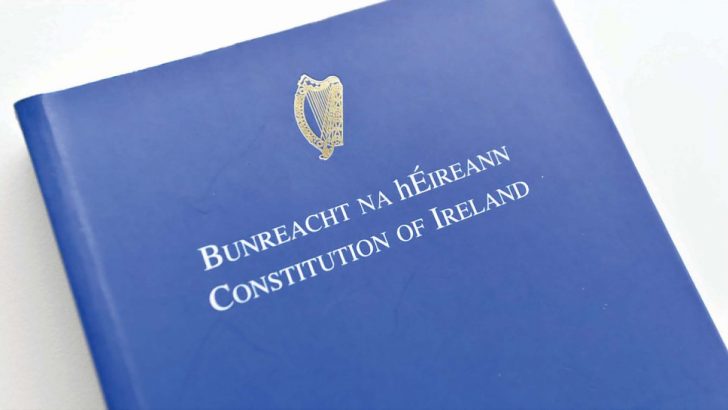The proposed recognition of ‘durable relationships’ in the Constitution leaves the Government “hostage” to future generations as “no one can define” what the term means, legal experts have warned.
The comments come as Minister Roderic O’Gorman claimed that ‘throuples’ and polygamous relationships will not be granted legal protection if a March 8 referendum to change the definition of the family in the Constitution passes.
“It’s a very big unknown, the idea of a durable relationship, no one can define it,” Dr Leonard Taylor, law lecturer at ATU Sligo, told The Irish Catholic.
He warned that trying to expand the definition of the family will “undermine the meaning of marriage itself” as a moral institution with substantial content.
“The Constitution is a place you highlight institutions that have gravity and value, and create this environment where they are fundamental institutions and cornerstones to society,” Dr Taylor continued.
If marriage is just another durable relationship, “what are you saying to society? At a principles level it is very confusing and concerning”.
We are in a phase of “hyper-individualism”, he said, and the possibility of social norms of solidarity such as marriage being “undermined by this – that really worries me”.
Dr Conor Casey, senior lecturer in public law at University of Surrey School of Law, London, said he believes judges are unlikely the consider themselves “ideological actors” when it comes to adjudicating on cases that hinge on defining ‘durable relationships’.
However, “When you put something in the Constitution, especially ambiguous wording, your hostage not to this generation of judges, but to future generations of judges,” Dr Casey warned.
Interpreting something ambiguous like durable relationships “gives a lot of discretion to the high and supreme courts”, he said.
However, judges will make their decisions with “respectful consideration” for what the Oireachtas decides what durable relationship means in policy decisions around taxation, immigration and similar issues.
“Which then shifts the debate to the Oireachtas, the amendment may deflect what durable relationship means back to the parliament,” Dr Casey told this paper.
“We as a society will have to grapple with that again in different contexts… those are difficult questions that fall to the Oireachtas to decide in the first instance,” he said.


 Ruadhán Jones
Ruadhán Jones
